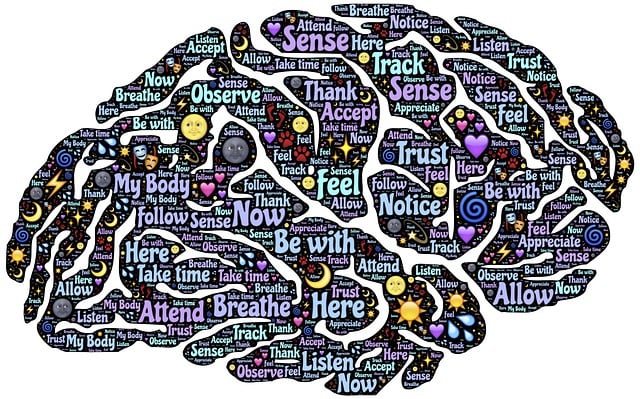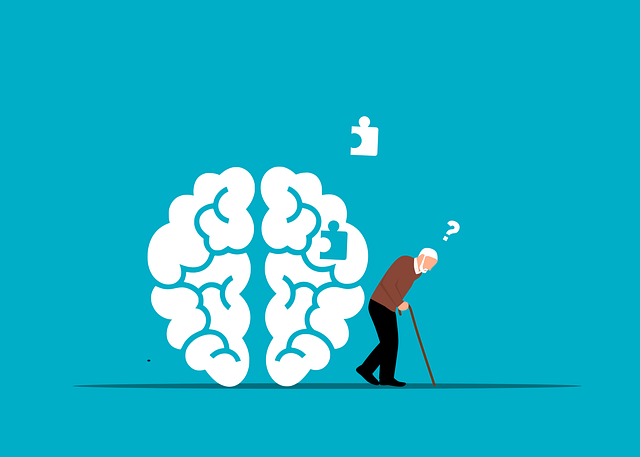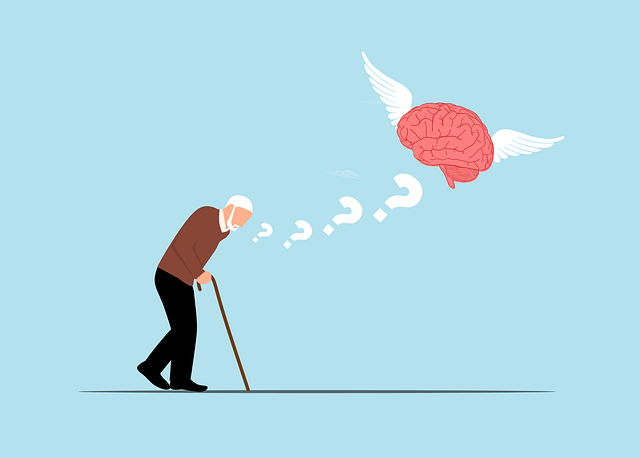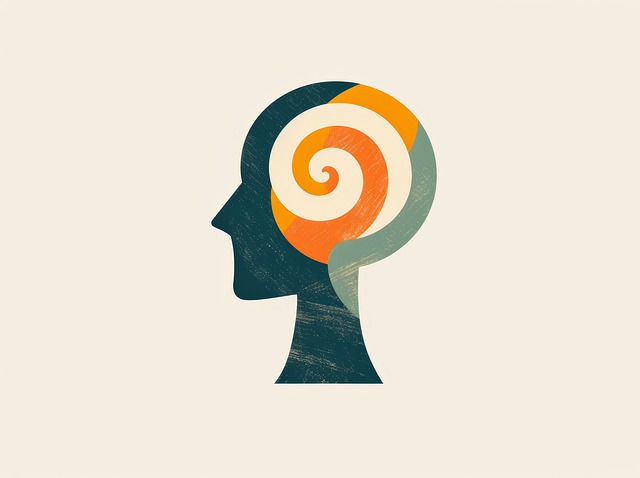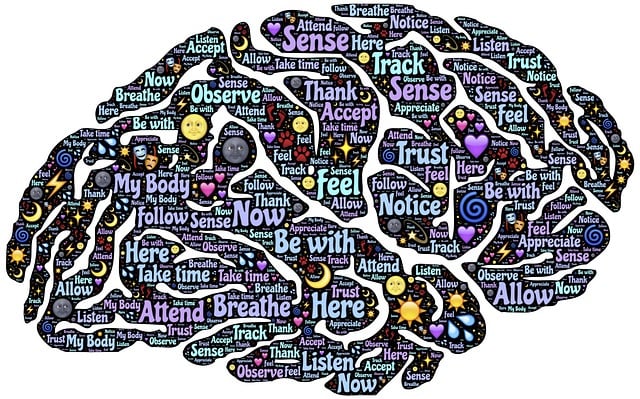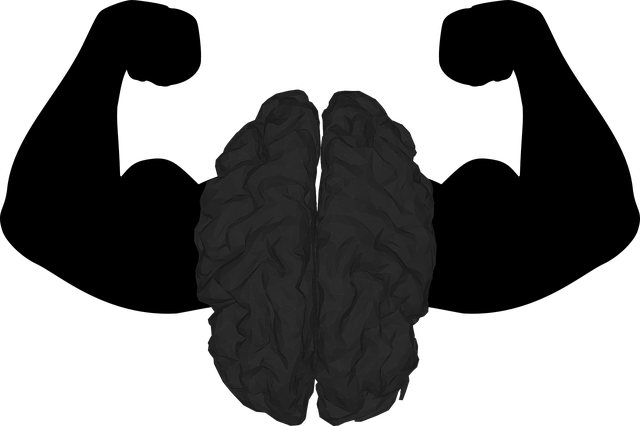Mental health apps, including those tailored for Lafayette Codependency Therapy (LCT), are revolutionizing access to wellness resources by combining technology with therapeutic practices. These apps reduce stigma, enhance traditional therapy, and foster resilience through personalized tools for managing conditions like anxiety, depression, and codependency. By incorporating intuitive platforms, interactive features like journaling and guided meditations, evidence-based stress reduction methods, and regular feedback loops, they empower users to reflect on relationships, identify unhealthy patterns, and practice self-care. Continuous engagement and user feedback are crucial for app success, ensuring relevance and effectiveness in promoting mental wellness and boosting users' confidence.
Mental wellness apps have emerged as powerful tools for managing mental health, offering accessible support to individuals worldwide. This article explores the development of an innovative solution, focusing on Lafayette Codependency Therapy (LCT) and its potential to revolutionize self-care. We delve into the design process, highlighting key considerations for creating an effective LCT app. By examining user feedback and implementing continuous improvements, developers can enhance the overall mental wellness experience for users seeking support.
- Understanding Mental Health and the Role of Apps
- Designing an Effective Lafayette Codependency Therapy App
- Implementation, User Feedback, and Continuous Improvement
Understanding Mental Health and the Role of Apps

Mental health is a vital aspect of overall well-being, encompassing our emotional, psychological, and social state. Understanding mental health involves recognizing that it’s more than just the absence of illness; it’s about fostering resilience and promoting positive coping mechanisms. Apps in the realm of mental wellness have emerged as powerful tools to support individuals navigating various mental health challenges. These digital solutions offer accessible and often personalized resources for managing conditions like anxiety, depression, and even complex issues such as codependency, as explored by Lafayette Codependency Therapy.
By leveraging technology, mental wellness apps contribute to reducing the stigma associated with mental illness through discreet and convenient support. They facilitate self-assessment, provide educational content, and offer coping strategies tailored to individual needs. Moreover, these apps can enhance traditional therapy practices, enabling mental health professionals to conduct remote consultations, track patient progress, and deliver interventions more effectively. This shift is particularly significant in light of the ongoing Mental Illness Stigma Reduction Efforts, ensuring that support is accessible and acceptable to a broader range of users.
Designing an Effective Lafayette Codependency Therapy App

Developing an app for Lafayette Codependency Therapy (LCT) requires a nuanced approach to effectively address the unique needs of individuals seeking support for codependency issues. The key lies in creating an intuitive and engaging platform that offers both therapeutic tools and personal growth opportunities. Incorporate interactive features such as mental wellness journaling exercises and guided meditations tailored to LCT principles. By enabling users to reflect on their relationships, identify unhealthy patterns, and practice self-care, the app becomes a powerful companion on their journey towards recovery.
Additionally, integrate evidence-based stress reduction methods, allowing users to manage symptoms and gain insights into managing codependent behaviors. Regular feedback mechanisms and personalized recommendations can enhance user engagement, ensuring the app adapts to individual progress. Prioritizing user experience, accessibility, and a safe digital space will contribute to the success of the Lafayette Codependency Therapy app, ultimately fostering positive mental wellness outcomes.
Implementation, User Feedback, and Continuous Improvement

Implementing a mental wellness app is just the first step; it’s the ongoing process of user engagement and feedback that drives its success. Integrating features like Lafayette Codependency Therapy can significantly enhance users’ ability to manage stress, fostering confidence and resilience. Regularly collecting and acting upon user feedback ensures the app remains relevant and tailored to their evolving needs.
Continuous improvement involves iteratively updating the app based on user interactions, mental health trends, and advancements in the field. Incorporating suggestions for Stress Management techniques or even integrating Healthcare Provider Cultural Competency Training modules can further elevate the app’s value. By prioritizing user feedback and staying agile, developers can create a dynamic tool that promotes mental wellness, boosting users’ overall confidence and well-being.
The development of mental wellness apps, particularly those focusing on Lafayette Codependency Therapy, has the potential to significantly enhance access to care. By leveraging technology, these applications offer a convenient and discrete way for individuals to manage their mental health. Through thoughtful design, as highlighted in this article, developers can create effective tools that improve user experiences and outcomes. Continuous improvement based on user feedback is crucial to ensuring these apps remain relevant and beneficial in the ever-evolving digital landscape of mental wellness support.

